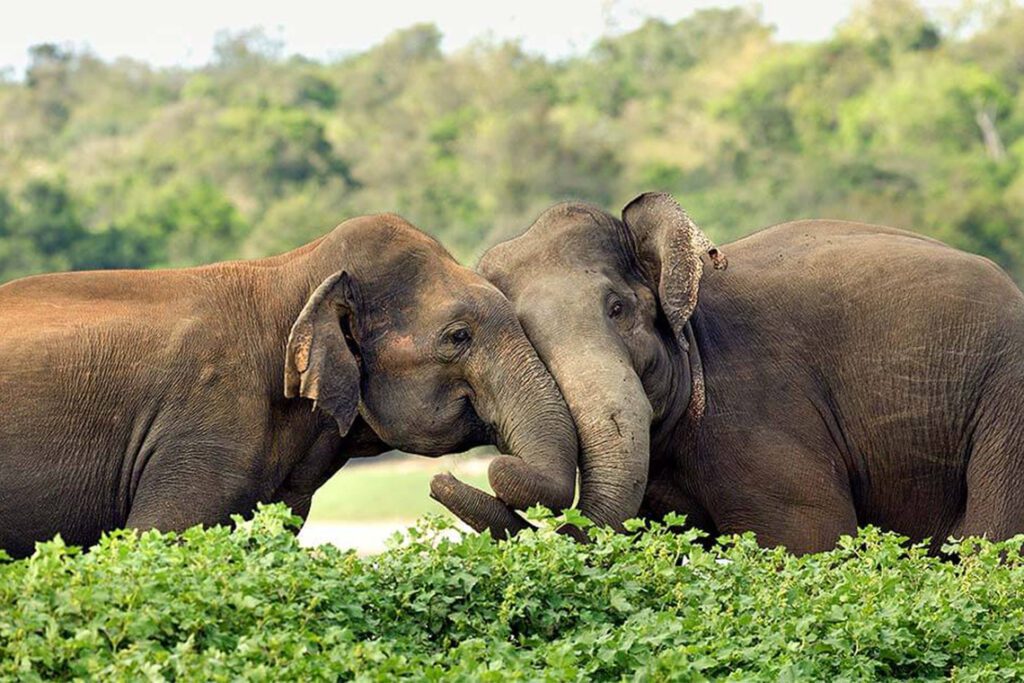August 12 is marked as World Elephant Day, a global observance dedicated to raising awareness about the vital conservation and safeguarding of elephants, both in Africa and Asia.
One of the gravest threats to elephant populations in Africa is the illegal ivory trade, fueling rampant elephant poaching. The situation is particularly dire in Mana Pools National Park, a UNESCO World Natural Heritage Site and a prominent wildlife area in northern Zimbabwe, where African elephants remain at constant risk of falling victim to poachers.
At present, the world confronts an alarming surge in the illicit wildlife trade. Without prompt intervention, the African elephant, a symbol of magnificence and the unfortunate target of the illegal ivory market, could teeter on the verge of active extinction within the next 10 to 20 years, according to environmental experts.
Sri Lanka shares the global concern for elephants as many are tragically killed for their tusks, and human-elephant conflicts persist. The Sri Lankan subspecies, distinguished by its size and dark appearance, faces mounting challenges. These elephants are being gradually confined to smaller territories as forests are cleared for development and ancestral migration paths are disrupted.
In Sri Lanka, elephant herds typically consist of 12 to 20 individuals, led by the eldest female known as the matriarch. Unfortunately, the Sri Lankan elephant population has witnessed a staggering decline of about 65% since the early 19th century. The country has enacted protective measures, and killing an elephant is considered a capital offense under Sri Lankan law.
Recognizing the pressing need for action, the United Nations adopted a groundbreaking resolution on July 30, 2015, to combat wildlife trafficking. This commitment unites all 193 UN member states in their determination to eradicate poaching and the illegal trade in wildlife.
Building upon this momentum, both China and the United States pledged to eliminate their domestic ivory markets as part of global efforts to curb poaching and save elephants. China took a significant step by completely banning its domestic ivory trade within a year, effective from December 30, 2016.
Disturbingly, scientists have cautioned that endangered elephant species might face extinction at a rate 100 times faster than previously estimated. Human activities, including poaching, habitat degradation, and climate change, are contributing to this dire situation, amplifying the need for humanity’s responsible understanding and protection of elephants as a precious resource.
World Elephant Day serves as a poignant reminder that concerted global action is indispensable to secure the survival and well-being of these majestic creatures for generations to come.
